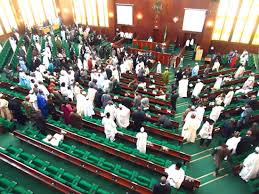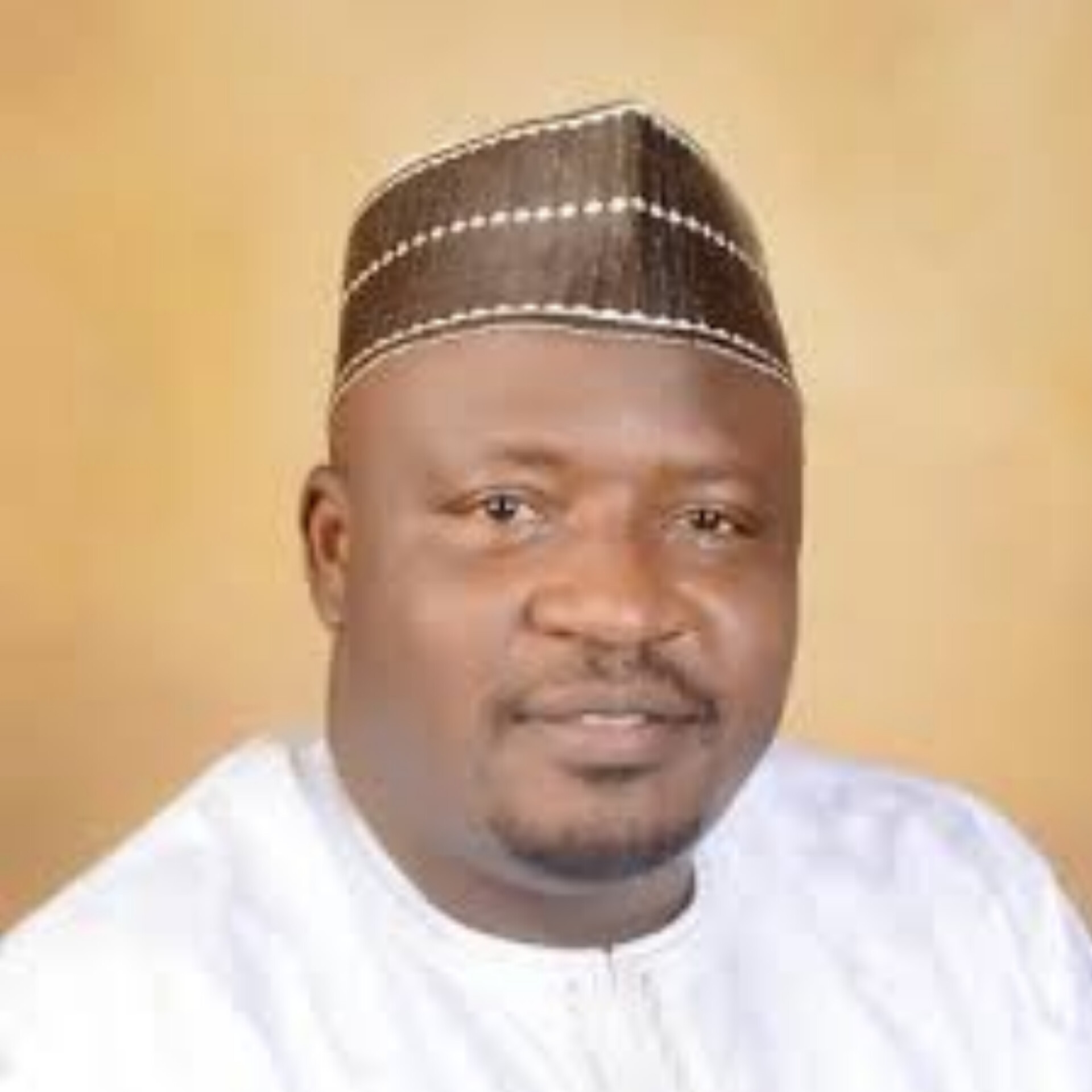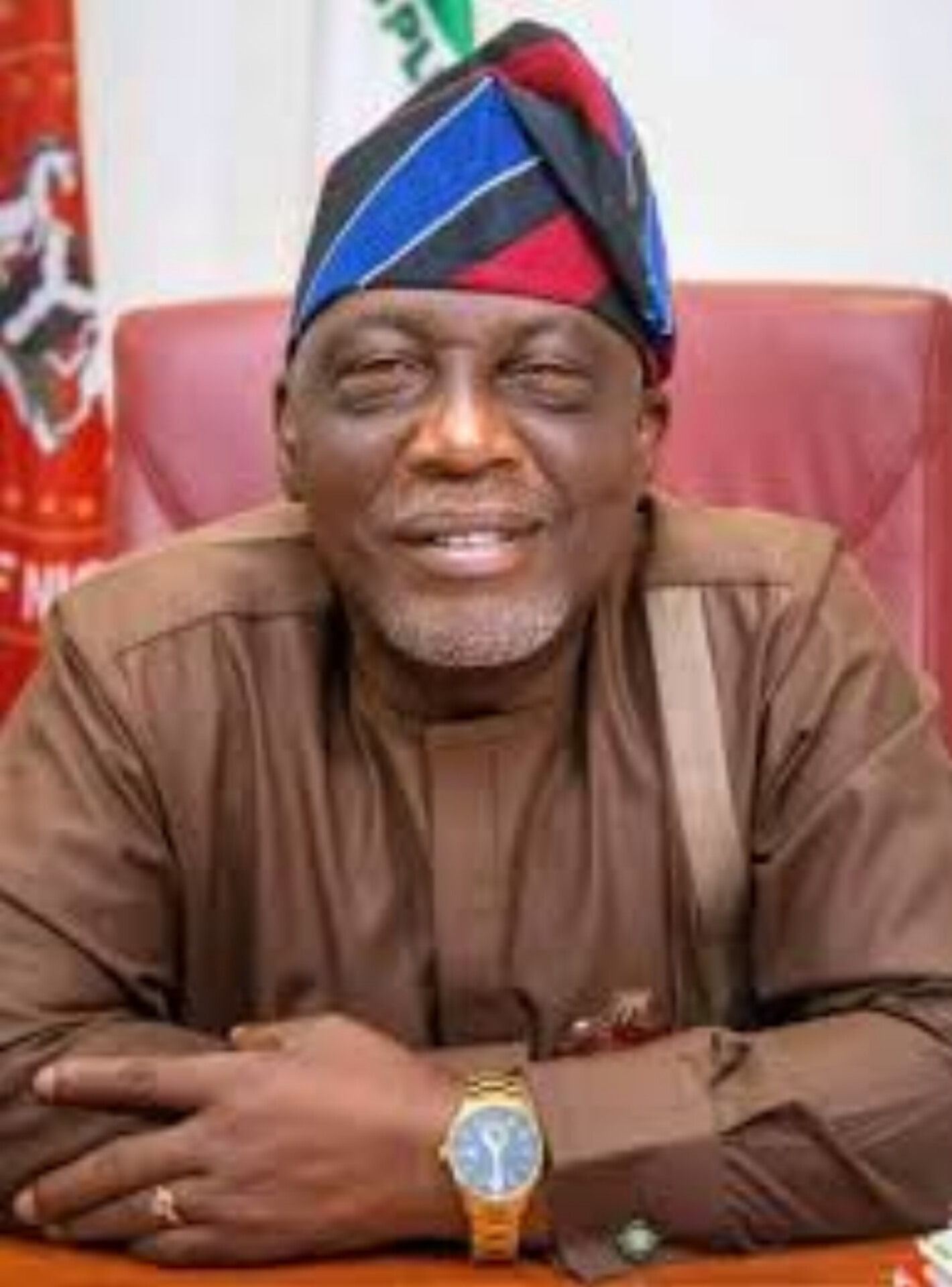President Bola Tinubu’s economic reforms are not just about recovery, they represent a deliberate recalibration of Nigeria’s growth strategy.
As Minister of Budget and Economic Planning, Senator Abubakar Bagudu, outlined during a budget defense session, the administration’s bold initiatives under the Renewed Hope Agenda are setting the foundation for long-term transformation.
While much attention has been given to immediate impacts, such as GDP growth surpassing 3% over three consecutive quarters, a deeper look reveals a shift in priorities toward structural reforms aimed at sustainability.
Bagudu credited the removal of fuel and forex subsidies for boosting state and local government revenues while addressing deficits and enforcing fiscal discipline.
However, the broader narrative is the government’s focus on rethinking financing and economic diversification.
The 2025 budget emphasizes innovative mechanisms like the Renewed Hope Infrastructure Fund, Consumer Credit Schemes, and the CNG Energy Transition Program, which aim to accelerate infrastructure development while generating revenue.
These initiatives signal a departure from reliance on traditional revenue streams, positioning Nigeria as a hub for modern economic practices.
The administration’s aggressive measures to curb oil theft and enhance crude production have not only stabilized revenues but also attracted international recognition.
Strategic partnerships with China, Japan, and Saudi Arabia, along with agreements with development organizations, highlight Nigeria’s emerging reputation as a trustworthy economic partner.
These collaborations indicate a government intent on integrating Nigeria into the global economy on more favorable terms.
Bagudu’s emphasis on the contributions of parastatals under his ministry underscores the importance of institutional reform.
The National Bureau of Statistics (NBS) has modernized data collection through GDP rebasing, while the Nigerian Institute of Social and Economic Research (NISER) has enriched public policy discourse through the Renewed Hope Agenda Lecture Series.
These developments reflect a government leveraging data and research to guide its strategies, moving away from ad hoc planning.
The challenge now is execution. While lawmakers praised the administration’s vision, the success of the 2025 budget depends on translating plans into tangible results.
Bagudu assured that the government is committed to inclusive growth, targeting both immediate needs and long-term goals.
As Nigeria navigates global economic headwinds, Tinubu’s administration is carving out a path that prioritizes resilience, innovation, and inclusivity. The reforms represent more than a response to crisis—they are a blueprint for a more competitive and self-reliant Nigeria.
Whether this trajectory is sustained will depend on meticulous implementation and continued public trust in the government’s vision.
Beyond Recovery: How Tinubu’s Economic Reforms are Redefining Nigeria’s Growth Path




